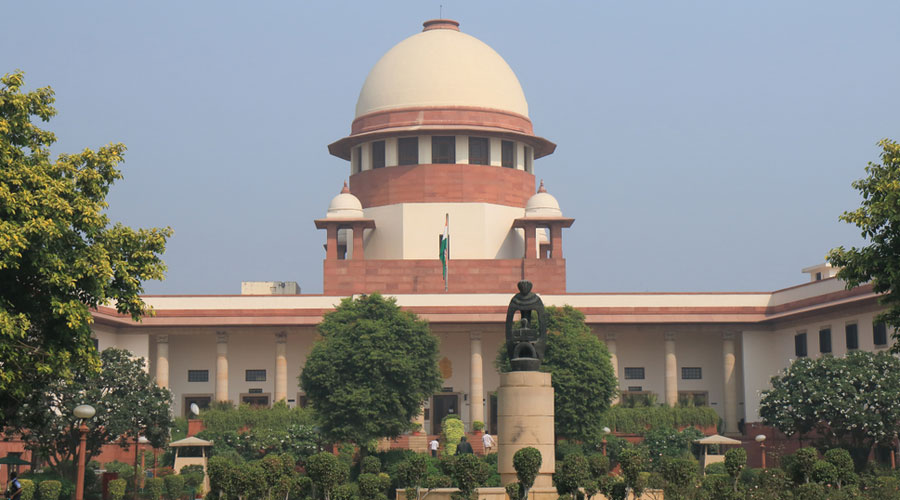The Supreme Court has ruled that land acquisition proceedings initiated by the government will become invalid only if neither possession has been taken nor compensation paid to the land owners.
The court said that if either of the two requirements is fulfilled, acquisition will be considered to have been done under the Right to Fair Compensation and Transparency in Land Acquisition, Rehabilitation and Resettlement Act, 2013.
“The deemed lapse of land acquisition proceedings under Section 24(2) of the 2013 Act takes place where due to inaction of authorities for five years or more prior to commencement of the said Act, the possession of land has not been taken nor compensation has been paid. In other words, in case possession has been taken, compensation has not been paid then there is no lapse. Similarly, if compensation has been paid, possession has not been taken then there is no lapse,” a bench of Justices M.R. Shah and S. Ravindra Bhat said in a recent judgment.
The court made the observation while quoting from a 2020 judgment by a five-judge constitution bench in the Indore Development Authority Vs Manoharlal and others case.
The apex court passed the latest judgment while allowing an appeal filed by the Delhi government challenging a ruling of Delhi High Court that the acquisition proceedings had lapsed since compensation was not paid by the authorities to the two appellant land owners despite acquisition having taken place in 1965.
“We set aside the impugned judgment and order passed by the High Court in Writ Petition (C) No. 4952 of 2015 declaring that the acquisition with respect to the land in question is deemed to have lapsed under Section 24(2) of the Act, 2013,” Justice Shah, who authored the judgment, said.
The high court had passed the impugned ruling while upholding a petition filed by Ram Prakash Sehrawat and another land owner challenging the acquisition proceedings on the ground that the possession had not been taken by the authorities as the plot was under illegal occupation of some unauthorised persons.
The apex court noted that the notification for acquisition under Section 4 of the Land Acquisition Act, 1894, was issued on January 23, 1965, and the Delhi Development Authority took possession on September 22, 1986. But 29 years after this, the owners approached the high court pleading that the acquisition be deemed to have lapsed under Section 24(2) of the 2013 Act.
The high court, relying on a 2014 judgment of the Supreme Court in the Pune Municipal Corporation and Anr. Vs Harakchand Misirimal Solanki and Ors. case, declared that the land acquisition was deemed to have lapsed solely on the ground that compensation had not been paid to the recorded owners.
The petitioners had argued that actual possession of the land could not be considered to have been taken as there was an illegal residential colony on the plot, for which regularisation proceedings are going on and a writ petition is pending before the high court.
Rejecting the argument, Justice Shah said: “There may be an illegal residential colony in which some other persons might be staying. Therefore, it cannot be believed that the respondent Nos. 1 and 2 — original writ petitioners are in possession of the land in question and/or at the relevant time possession was not taken.”










